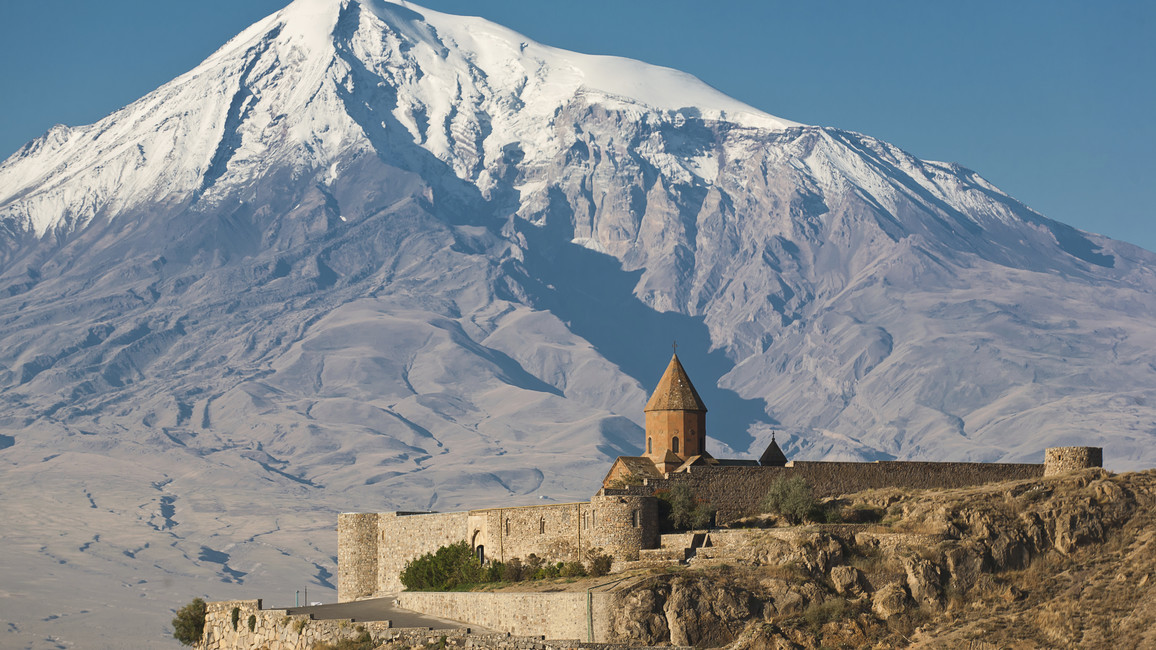Contents
Basis of cooperation
Science cooperation between Germany and the countries of the South Caucasus and the Republic of Moldova is formally based on the intergovernmental agreement on scientific and technological cooperation (STC) with the former Soviet Union dating back to 1987. Agreements on the continued validity of the German-Soviet agreements were concluded with Armenia and Georgia (both in 1993) and with Azerbaijan and Moldova (both in 1996). Declarations of Intent to intensify bilateral scientific and technological cooperation were signed with Moldova and Armenia in 2008, 2023 and 2011 respectively.
Political context
In the context of the Zeitenwende, research policy cooperation with the countries in South Caucasus and the Republic of Moldova has become significantly more important. The focus is on major cutting-edge fields such as sustainability, climate impact and the environment as well as health. The aim of cooperation with these countries is to help tap their expertise and geographic potential and to find regional solutions for issues of global relevance.
A further aim is to achieve synergies with the EU’s research and innovation policy cooperation. This applies both to participation of partner countries in the European Research Framework Programme and in cross-border dialogue platforms.
Cooperation also promotes the economic and civil-society development in the South Caucasus countries and Moldova and advertises our values.
Key areas of cooperation
Many Eastern European and South Caucasus countries provide excellent research expertise, and in some cases an attractive research infrastructure for collaborations as well as highly trained young talent. All sides benefit from a greater harnessing of this potential in research collaborations with Germany.
Thematic priorities of cooperation include global challenges such as impact and adaptation to climate change, loss and conservation of biodiversity, agriculture, food security and land use or health research.
Cooperation freeze with Russia and Belarus
The Federal Ministry of Education and Research condemns the Russian war of aggression against Ukraine as a gross violation of international law. As a consequence, all cooperative activities with state authorities in Russia and Belarus were immediately frozen and subjected to critical review. Concrete research cooperation was either continued without participation of the Russian or Belarusian partners or stopped altogether.
The BMBF regards Russian and Belarusian researchers and students as part of civil society. In cases where they are working or studying in Germany, they must not suffer discrimination, stigmatization or isolation. The freedom of science, research and teaching is an integral component of independent democracies. We therefore stand with everyone who stands up for peace and these values.
-
14
million euros total BMBF funds from 2012 to 2024: Georgia
-
11
million € total BMBF funds from 2012 to 2024: Armenia
-
1.2
million € total BMBF funds from 2012 to 2024: The Republic of Moldova
-
1
million € total funds from 2012 to 2024: Azerbaijan
Quiz
Question 1of 3
The Caucasus is unique in its diversity of cultures, traditions, flora and fauna.
More information
Research funding: the context
The central element of our funding strategy for the South Caucasus and the Republic of Moldova is the Framework call for the funding of projects in research and innovation cooperation with Eastern Partnership countries and Central Asia. Under this reliable framework, specific demand-based funding calls are being published from 2023 to 2033.
Funding cooperation with the Republic of Moldova
With the first ProMoMo funding call under the umbrella of the framework call, we - together with our partner ministry in Moldova - want to provide impetus for cooperation between scientists from Germany and Moldova.
Funding participation in European programmes
We want to support a better integration of the region into European programmes, above all Horizon Europe. To achieve this, the funding call Bridge2ERA-EaP was published in early 2024. Funding is provided, for example, for the establishment of research consortia, the identification of topics and the formulation of funding applications.
Research for development
In 2024, the funding call Partnerships for sustainable solutions with countries in the South Caucasus and Central Asia was published which enables German and Central Asian partners to jointly work on research and development topics. The priorities are energy efficiency, water, climate and environment, as well as biodiversity research and health research. The projects are planned to start in 2025.
Bilateral cooperation
In 2021, we published the third bilateral funding announcement with Armenia. The focus was on the following research topics: information and communication technologies, sustainable agriculture, biotechnologies and applied health research, research on crisis prevention and management, and the social sciences and humanities. Five projects were selected for funding.
Equal opportunities for women in science
We want to reduce gender inequalities and support programmes to empower women in science with the UI-Gleich funding call.


